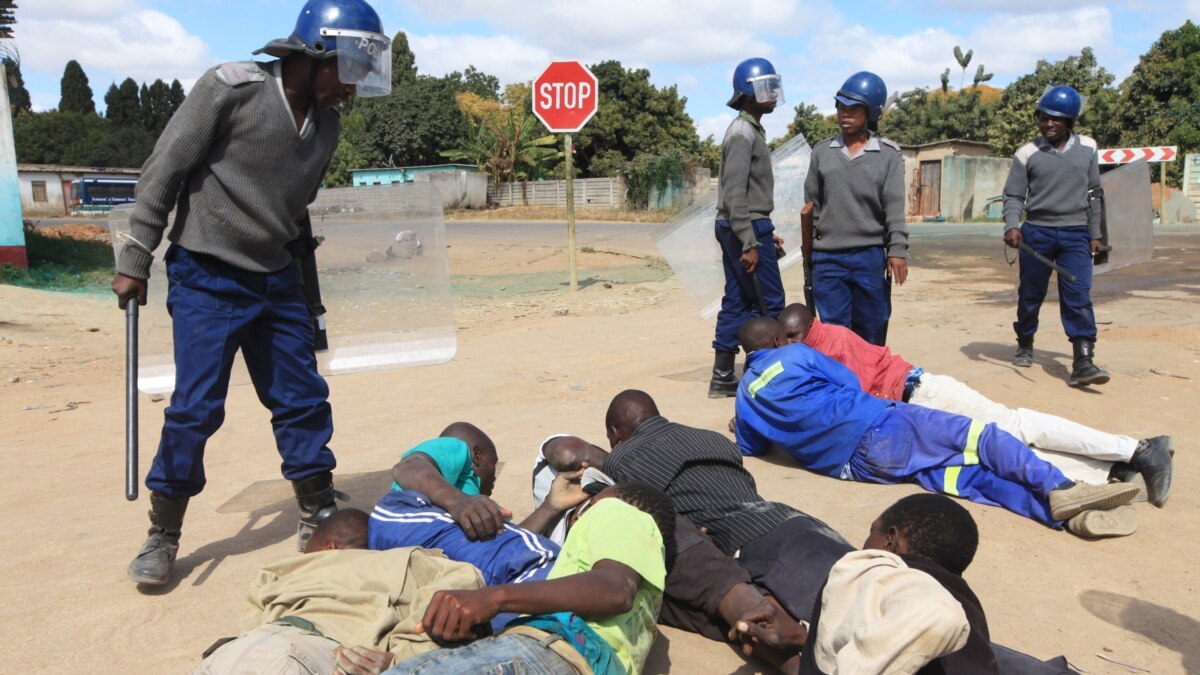When FIFA first announced the 2022 World Cup would be held in Qatar, it’s fair to say the decision raised one or two eyebrows among the football community. Not only does the country endure some of the most extreme temperatures on the planet with the mercury regularly topping 50-degrees Celsius, but many were left pondering how and why a nation linked to human rights abuses that’s also home to one the most regressive legal systems in the world was awarded the rights to host the prestigious event.
Since then, the FIFA corruption scandal revealed many of the governing body’s most prominent figures were involved in bribery and other such shady shenanigans, and although little evidence was ever linked directly to Qatar’s World Cup bid, strong suspicions over how the country managed to secure the hosting rights remain.
Nevertheless, despite the need to switch next year’s World Cup from its usual summertime slot to winter due to fears the players could overheat, unperturbed, FIFA are moving ahead with plans to host the 2022 edition of the quadrennial tournament in the Middle East.
For football fans, the rescheduling of the entire season merely to accommodate Qatar’s hosting of the tournament should be a real cause for concern, but what’s even more concerning and should have everybody connected to the game standing up and taking notice is the shocking abuse of migrant workers that’s currently taking place in the name of next year’s World Cup.
Worryingly, despite the fact this abuse has been highly publicized, football on the whole still seems largely disinterested.
Massive project to build new stadia
When Qatar was awarded the hosting rights to the tournament, it was clear a lot of work would need to be done to get the country ready. With 32 teams competing and multiple matches set to be played on any given day, FIFA has strict rules in place to ensure the host country has the stadia and infrastructure required to accommodate the hectic schedule.
Since 2001, guidelines have stated that any country hosting the event needs to have at least 12 stadiums with a 40,000 or more capacity. Of those 12, at least 2 are required to hold a minimum of 60,000 spectators, while the venue hosting the final must seat 80,000 or more.
While Qataris are passionate about football, with only a small population the fanbase is minimal, so when the country got the green light to host the tournament, naturally there were only a handful of arenas big enough to stage World Cup matches.
With over half a dozen brand-new, state-of-the-art arenas needed, this called for a large-scale, time-sensitive construction project the likes of which this country had never seen before. The blueprints and CGI imagery outlined the Qataris’ grandiose plans to construct some of the most stunning, ultra-modern stadiums ever built, but considering the country’s 2.8 million population is made up mostly of expatriates, who was going to build them?
The answer was migrant workers, and before construction began thousands were drafted in to commence work on the massive, decade-long project.
This concerned human rights campaigners right from the get-go, as long before Qatar was unveiled as the host country for the 2022 World Cup, alarm bells were being sounded about poor working conditions for migrants. Unfortunately, despite the incredible amount of money being pumped into the project, it appears not a lot has changed.
Human rights abuses

As work got underway on the new hotels, roads, leisure facilities and stadiums, worrying reports began to emerge that revealed appalling working conditions and heavy casualties among laborers. This was nothing new for Qatar, as the country has been accused of this type of apathy towards its workers for decades, but this time around things were different. This time it was being done in the name of the World Cup, which brought with it a whole new level of scrutiny and media attention.
As reported by the Guardian, many of these overseas workers come from North Korea in what the publication describes as “state sponsored slavery”. According to the report, these workers receive almost no salary throughout the three years they typically spend in Qatar, and the conditions in which they’re forced to work are grim to say the least.
Forced to get by on minimal food and relying on hand-outs from other workers for simple things like cigarettes and refreshments, according to many eye-witnesses and former workers in the Middle East these North Korean labourers are worked long and hard in the searing desert heat, and what little time they get to rest they spend cramped together in sub-standard, unhygienic accommodation.
Upon completion of their three-year service, the lucky ones are rewarded with around 10% of their salary with the North Korean government receiving the rest for having provided the worker’s services. The rest will receive no salary at all.
But while poor living quarters and a non-existent salary might seem bad enough, in many cases those working in Qatar are lucky if they make it out of the country alive. According to statistics provided by the Indian, Nepalese, Bangladeshi, Sri Lankan and Pakistani governments, almost 5,000 workers from the South Asian countries have died in Qatar since the country won the hosting rights in December 2010.
Combine those with the deaths of North Koreans workers, along with those from places like Kenya, Uganda, Rwanda and the Philippines whose governments have declined to provide statistics, and the grisly figure is likely to exceed 6,500 deaths. Over 6,000 people dead, simply so Qatar can host a month-long football tournament.
What’s being done?
Amnesty International recently wrote an open letter urging FIFA to take “urgent and concrete action” in order to ensure the Qatari authorities fulfil a programme of labour reforms after research revealed migrants were working excessively long hours in unsafe conditions.
Promisingly, there has been some pushback from within the game, too, and while most of football has remained criminally silent, some international sides have been increasingly critical of what’s taking place.
Norway has been particularly vocal in its opposition, with fans and clubs in the country’s top flight joining forces to demand action. Over the past few months there has been a tug of war in the Scandinavian nation about whether or not the national side should participate next year.
On one side of the debate is a group made up of the country’s top clubs including Rosenborg, Brann and Valerenga which is pushing for a complete boycott of the tournament. On the opposite side is the Norwegian F.A which is currently trying to strike a balance between appeasing the country’s angry clubs and fans and avoiding the high financial cost of failing to appear at the World Cup.
At this stage, a boycott is unlikely. For the Norwegian F.A, the numbers are simply too high, making a no-show unfeasible, though it’s still refreshing to see so many people in a country that hasn’t appeared at a World Cup in over 20 years willing to sacrifice their participation in order to make a stand.
Players from other international sides including Holland and Germany have also spoken out by wearing t-shirts in protest to raise awareness, but is it time football associations around the world came together and said enough is enough?
With the loss of life continuing to rise week on week, the answer is a resounding yes. It’s high time more was done from within the game to drive home the message that this is absolutely not acceptable and we as a community won’t just sit back and watch idly as vast swathes of people are exploited simply so Qatar can put on a football tournament.
Positive developments
On a positive note, at long last it seems as though the media’s dissection is starting to have an impact. In what no doubt came as welcome news to the many workers who were previously forced to toil in the baking afternoon heat, the Qatari government announced in October of last year that companies employing people to work outdoors in summer will now need to limit their hours of operation. This means working between 10am and 3:30pm from June to September will now be prohibited.
Whether or not the new regulations are enforced properly, though, is another question. Similar pledges were made when Qatar promised more time off and an increase to the minimum wage amid previous condemnation. However, according to many, these promises have not been kept, and a vast proportion of the country’s workforce are still earning way below a legal wage.
On the bright side, at least the Qatari government is taking notice. Whether this demonstrates they’re actually willing to listen, or the tightening of the rules is merely indicative of an embarrassed state that’s desperate to save face on the international stage, remains to be seen.
But regardless of the reasoning, it’s evident the Qataris are open to at least some degree of reform, so rather than rest on our laurels and allow the country to whitewash over these abhorrent human rights abuses with paltry, half-hearted offerings, now is the time for the world of football – that includes FIFA, the fans, our clubs and national football associations across the world – to ramp up the pressure by any means necessary to say that enough is enough.
What’s the solution?
If a widespread boycott is what it takes, then so be it. As football fans, we love nothing more than the World Cup. This glorious tournament only comes around once every four years, which is what makes it all the more special. For an entire month we’re treated to a carnival of dazzling competition, with the world’s top players all vying for the biggest prize in the sport. To miss out on this prestigious tournament, especially after all the difficulties sport has endured in the era of COVID, would be a crying shame, but sadly there’s more at play here than just football. If things don’t change and fast, the show can’t go on.
If the past year has taught us anything, it’s that in times of struggle and strife we all need to pull together and help one another through the difficulties life throws at us. With thousands losing their lives and countless others suffering to make this tournament happen, the 2022 World Cup has blood on its hands.
It’s time football came together and put an end to this barbarism once and for all.
This post was written by Darryl Rigby, Content Executive at the London Immigration Lawyers in the UK.






